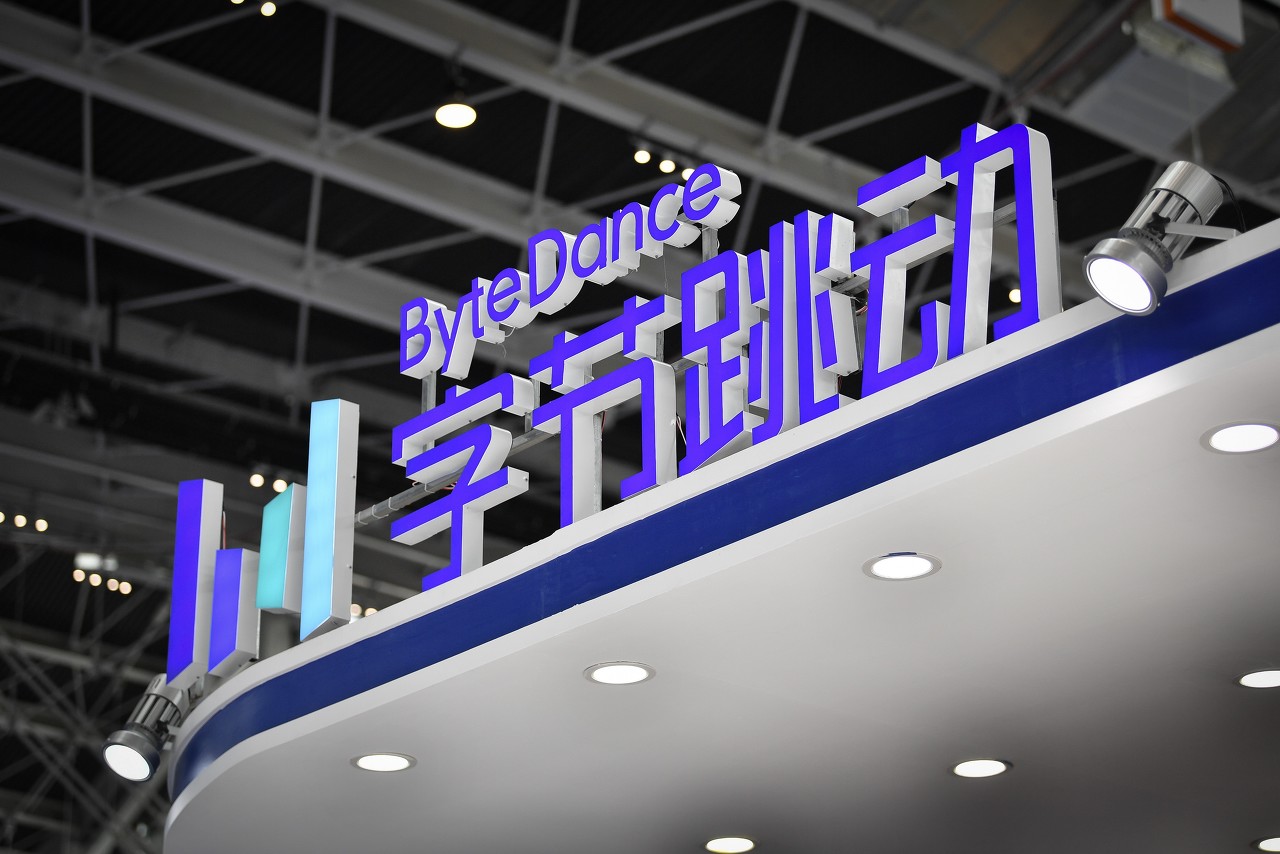NEW YORK — ByteDance, the world’s most valuable startup and the Chinese company behind viral video app TikTok, is going into hardware.
The SoftBank Group-backed company this week confirmed it is developing a smartphone, months after saying it acquired certain patents from Smartisan, a Chinese handset startup that also has developed its own operating system. A ByteDance spokesperson said the new smartphone is a “continuation of plans that were in place” at Smartisan before the deal.
“This is a bold move and one where the risk far outweighs the reward,” said Geoff Blaber, an analyst at CCS Insight. “Smartphone differentiation is extremely difficult, and margins razor thin. ByteDance may have a broader strategy, but hardware can very quickly become a heavy weight on the balance sheet.”
Bold as it is, the move comes as a reminder that while TikTok is what the USD 75 billion startup is primarily known for globally, ByteDance sees the app as only a piece of its puzzle.
Just this year, ByteDance launched two chat apps in China: Duoshan, the video-based platform often compared to Snapchat, and Flipchat, an interest-based instant messaging app. The Beijing-based company continues to operate Jinri Toutiao — which translates to “today’s headlines” — the news aggregator by which it was first known.
Trademark registration records suggest that ByteDance also is eyeing financial technology sectors such as payment, which can be plugged into the company’s various social media platforms.
A smartphone of its own could serve as a valuable tool for the company to direct traffic to its entire family of apps, which likely will come installed on the device. ByteDance also will be able to collect more user data and provide better system support for its platforms by cutting out the intermediary.
When ByteDance was still known as Jinri Toutiao, founder Zhang Yiming already hinted that his company’s vision lies not in short-term profitability but in building an ecosystem — perhaps even its infrastructure.
In an interview with Chinese business magazine Caijing in 2016, Zhang likened ByteDance to a combination of Tencent Holdings and Huawei Technologies, when asked to compare his company’s strategy with that of China’s incumbent tech giants.
“Baidu‘s business strategy is geared toward profitability within a three-year time frame, through monetization of ads,” Zhang said of the Chinese search engine company. “Tencent, on the other hand, is focused on acquiring a user’s time. It cares more about if users play in its enclave.”
His own company’s direction is “more like Tencent, plus a little bit of Huawei,” Zhang said. “Huawei is big on basic infrastructure. My observation is that the more powerful a company is, the more foundational it gets.”
At the time, ByteDance was valued at just USD 11 billion. It had yet to acquire Musical.ly, the service that later became TikTok. The video app, together with its domestic version Douyin, topped 1 billion downloads worldwide this year. Its 2018 downloads surpassed those of Facebook-owned Instagram.
With its social media focus and forays into fintech, ByteDance’s path is indeed reminiscent of Tencent, which built its messaging and social platform WeChat into a super-app where users do everything from ordering food to managing wealth. Now also expanding its cloud business, Tencent touts access to its vast user base as a differentiating factor to enterprises interested in the service.
But the smartphone market is difficult to enter. Smartisan, with which ByteDance is developing its handset, accounts for less than 1% of Chinese market share.
The mobile device space also has seen a number of tech giants try and fail. Microsoft’s USD 7 billion acquisition of Nokia in 2013 as an attempt to catch up in the mobile revolution proved a bad bet. Amazon, which launched its Fire Phone in 2014, discontinued the product just a year later.
“The smartphone market is now very saturated and not growing as much as it did in the first wave of smartphone adoption,” said Marta Pinto, who tracks the handset market at research firm IDC. ByteDance will have to develop a “cutting-edge device” at an attractive price to persuade consumers to switch from their current preferences, she added.
